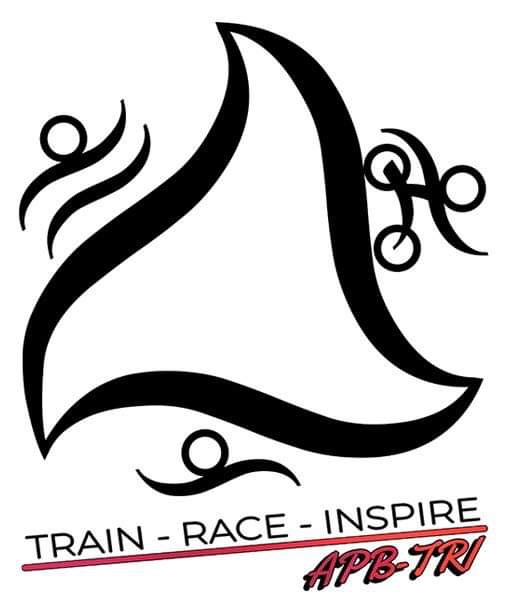This is just my opinion… Feel free to disagree. You can even drop a comment, so I can see how others feel about unique challenges of each section of a triathlon.
Swim
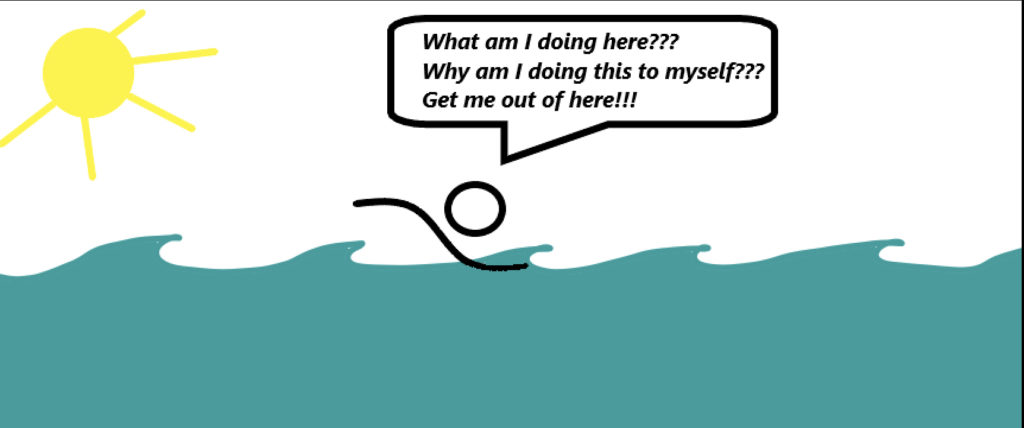
Comfort in the water. I will argue with anybody disagreeing with me on this one. When you are doing a triathlon in open water, the most important part of the swim is to make it through it. Time differentials are relatively small on this part, since it’s the shortest one. It’s easy to panic and withdraw from the race when you are in the water. There is also a chance that you will require rescuing if water is not your thing. I’m assuming that if you made it to a starting line of a triathlon, you are a decent swimmer. However, open water is not the same as your neighborhood pool. It’s easy to swim in ‘suboptimal’ direction (yeah: no line on the bottom of the pool to follow). There are other people who can kick you and push you around. Water can be choppy or full of critters. There can be a current to struggle against. And, at the end of the day, you can just have a good, old-fashioned panic attack. So the most important thing to practice for the swim: being ok on the open water.
Bike
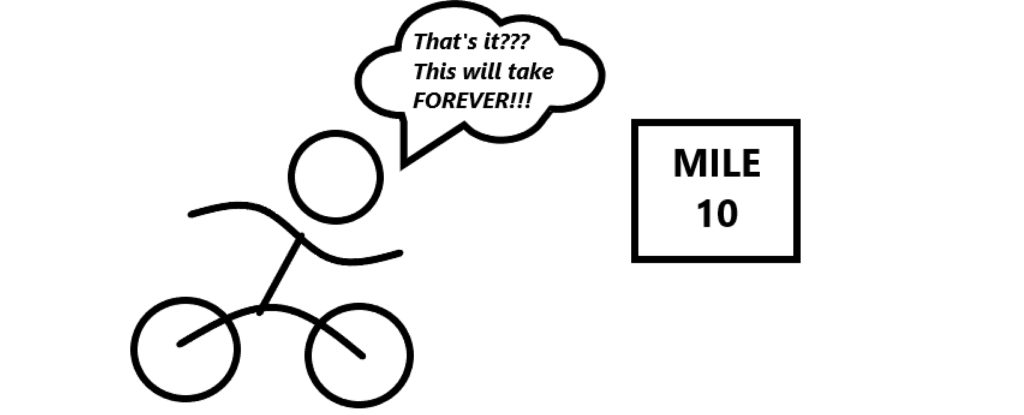
I would say this is where speed actually matters the most, since it’s the longest part and the speeds are higher, lending themselves to larger finish time variations. So for a successful race, your speed on the bike is crucial.
Personal: getting better at taking corners at higher speeds… but that’s a story for another day 😉
Run
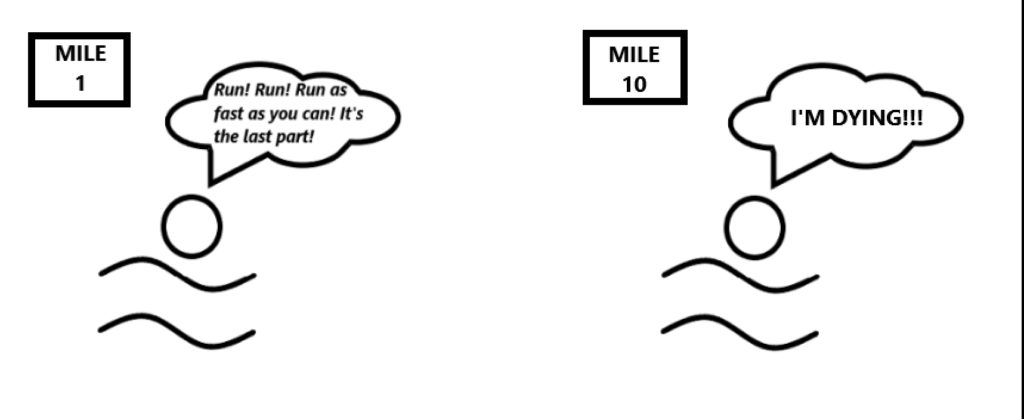
Experience! I know this doesn’t sound quite right, but hear me out. By the time you get to the running portion of your triathlon, you will be tired. Your legs may be shot from cycling. A lot of those carbs you ate for the few days prior to the race are gone. You are tired. You have been at it for a while. You feel like a turtle in molasses comparing to your bike pace. When you start running, you need to know your body well enough and be good enough pacer to pick a speed you can continue during the run portion. As one of my friends (Ironman Lake Placid finisher) once told me: once you start walking, you know you’re done! During the race, I heard a number of other competitors telling me to speed up. Except I am first and foremost a runner, so I know exactly what my body can do. I chose a pace and stuck to it (with minor adjustments for terrain) and just put one foot in front of the other for those 13.1 miles. And I did pass plenty of those people who told me to run faster: they ran out of steam. Hence: experience in endurance running, meaning skill in choosing the right pace under the circumstances, is what you will need most to get to the finish line in one piece.
Bonus
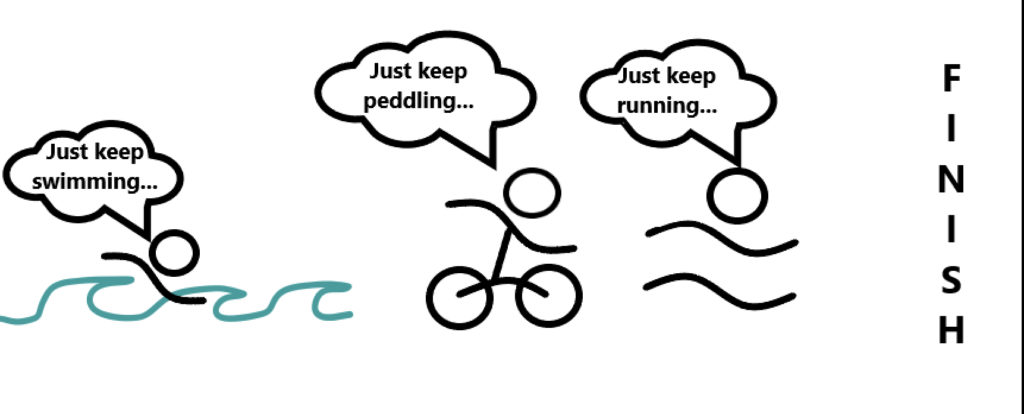
At all times, it helps if you are driven/ stubborn. I have never done a short race (they don’t appeal to me). But on longer ones, you will need to rely at some point on that ‘stupid’ voice in your head saying to keep going – and it needs to be louder than the one advising you to quit!
